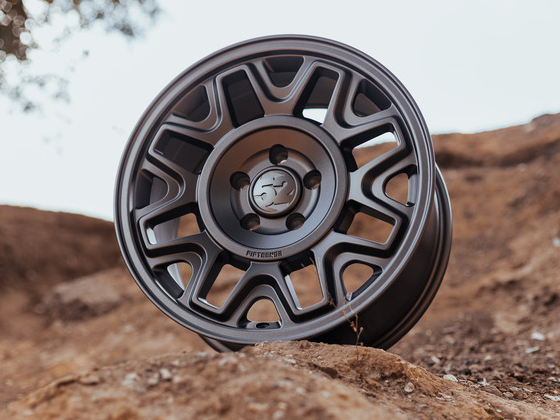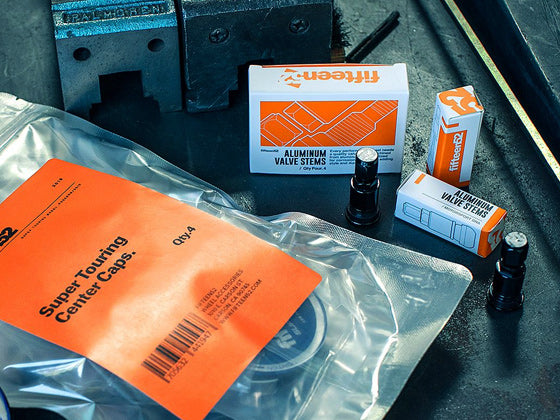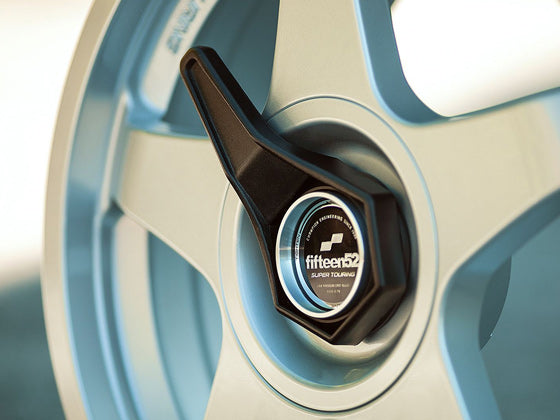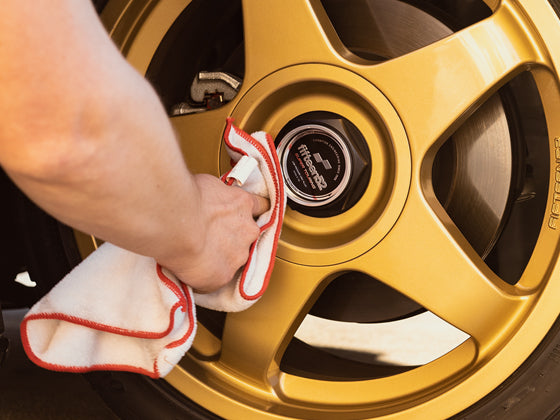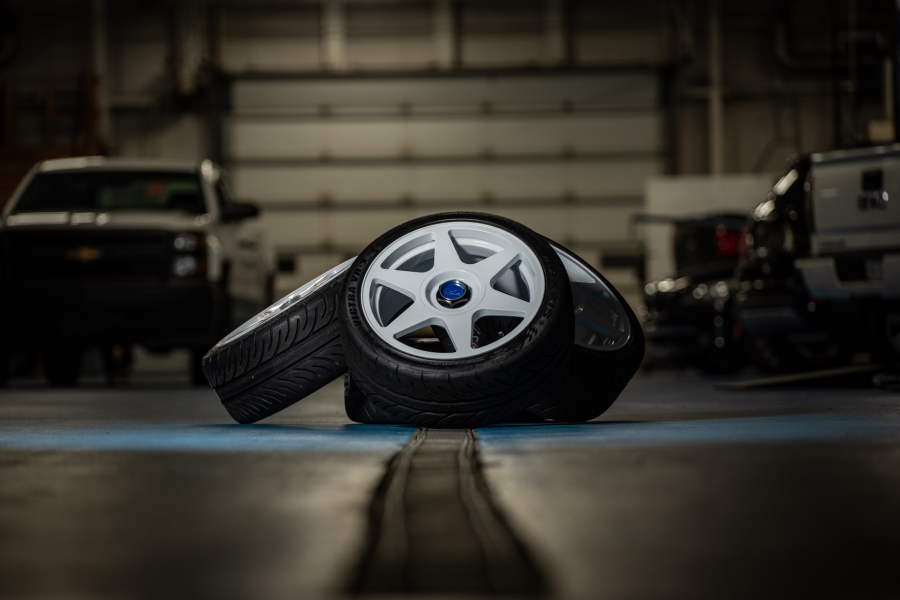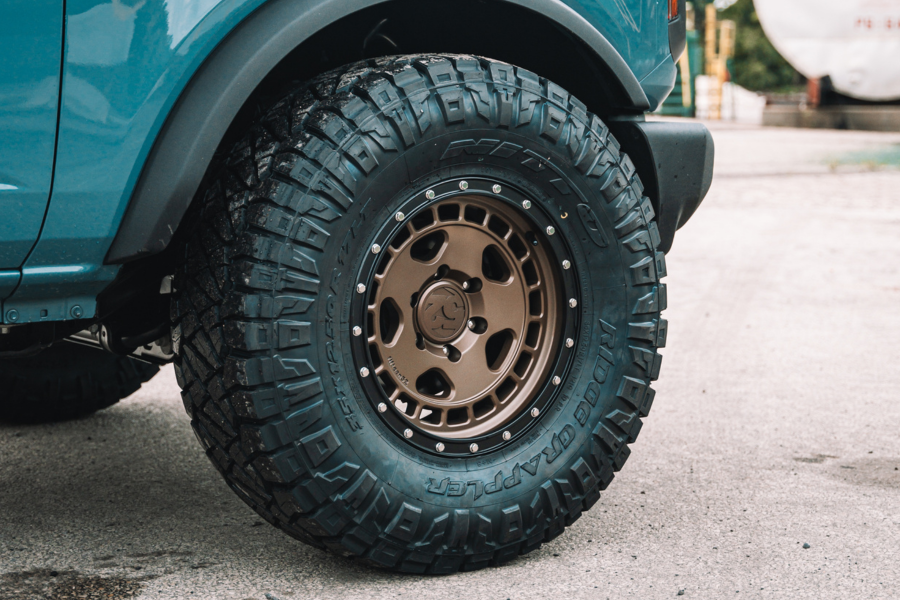A Thorough Cleaning
First and foremost, perhaps the most important part of storing your wheels for the winter or storing them in general – keep them clean! Always give your wheels a thorough wash before they get to their final resting destination for storage. Road grime and brake dust can be especially unforgiving substances to your wheel materials or finish, so be sure to use a non-abrasive and pH-balanced wheel cleaner in tandem with a soft brush or microfiber cloth to avoid scratches. Don’t forget to clean all of those annoyingly hard-to-clean spots like in the lug nut wells, behind the spokes/face of the wheel, and the center caps. You should already be doing this when you clean them during the season, but take extra care before storage. Every nook and cranny counts.
Dry Those Freshly Washed Wheels
Following up on the most essential part of storing your wheels is the second most crucial part of the whole thing – make sure you dry them properly after that thorough wash job. The last thing you want to do after you take all that time to clean the wheels is open the door to water spots on your finishes, or even worse – corrosion! Air drying isn’t enough to keep your finishes perfect. Be sure to use either a lint-free towel, compressed air, or both to remove all water left over from washing the wheels before storage.
Protect Your Wheels with Covers or Bags
Your wheels are an investment, so it’s probably be worth the extra step to protect them with some simple covers or dedicated wheel bags to keep them free of dust or potential moisture during storage. The last thing you want is to end up with scratches when you go to pull them out of storage, right? Putting your wheels in some protective layers takes little to no time. You didn’t do all of that washing and drying for nothing!
Climate Control
If it’s possible, it’s always worth storing your wheels in an environment you can control. The ideal storage conditions are in a cool, dry, and climate-controlled environment to minimize fluctuations in temperature and humidity. It might seem like overkill to some, but it eliminates more variables in the wheels’ condition, and that’s what we’re after when it comes to peace of mind regarding storage.
Avoid Concrete Floors
Little known fact: Concrete can retain moisture and potentially lead to corrosion. Whether you put your wheels into bags or not, it’s always a good idea to separate them from the concrete floor with a rubber or plastic barrier between them and the floor. If that isn’t possible, even a layer of cardboard will do wonders in keeping your wheel edges off the abrasive floor. Either way, be sure to lift and place the wheels – no sliding across the floor at any time!
Be Aware of Your Storage Location
It seems like a no-brainer, but this one is easily overlooked more than you might think. Be careful where you store your wheels! Anywhere next to chemicals, solvents, jugs of oil, or other potentially harmful substances is a no-go. If you’re storing them in your garage where other vehicles will be in and out during the winter, make sure they’re out of the path of water from any snow that melts off the other vehicles. Be sure to dedicate some dry and chemical-free space for the wheels so you don’t have to wonder “what if” something happened.
Anti-Corrosion Treatment
If you’re still worried about potential corrosion, ease your mind by applying a thin coat of wax or a specialized wheel sealant to provide your wheels with a protective barrier against moisture. The aftermarket detailing industry has several to choose from, and they all come at relatively low-cost. If You Store the Whole Car with the Wheels On It...
If your entire car and the wheels in question are being stored over the winter, keep all of the above in mind, and be sure to elevate the vehicle on jack stands over the winter to avoid flat spots. It couldn’t hurt to periodically check on the whole ensemble over the winter as well, and address any issues of damage, corrosion, or tire deflation promptly.


